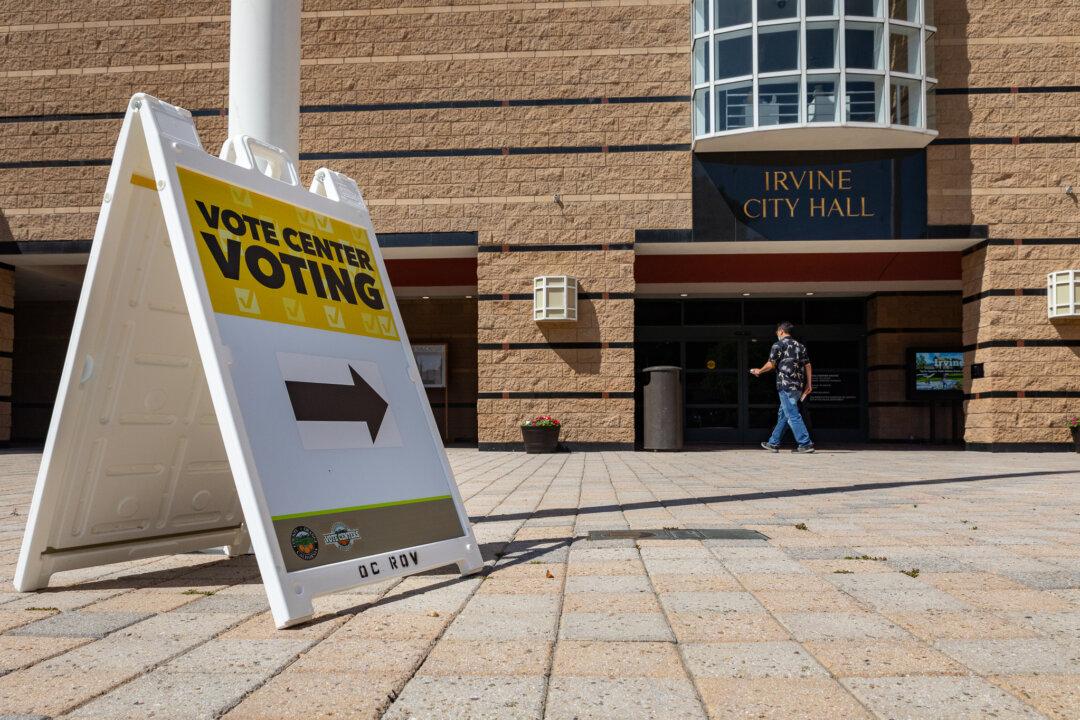It’s three days before Virginia’s June 21 primary and the last day for early voting, so candidates in inter-party contests across the commonwealth are making their final pitches in the battles for berths on November’s ballot.
What matters now in this 11th-hour push before the June 21 primary is face-time with residents on their doorsteps, in shopping centers, and at churches in a concerted drive to be the name that they remember in polling booths in a few days.





